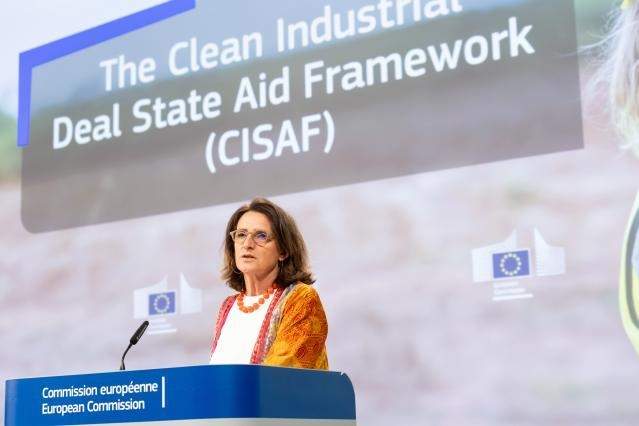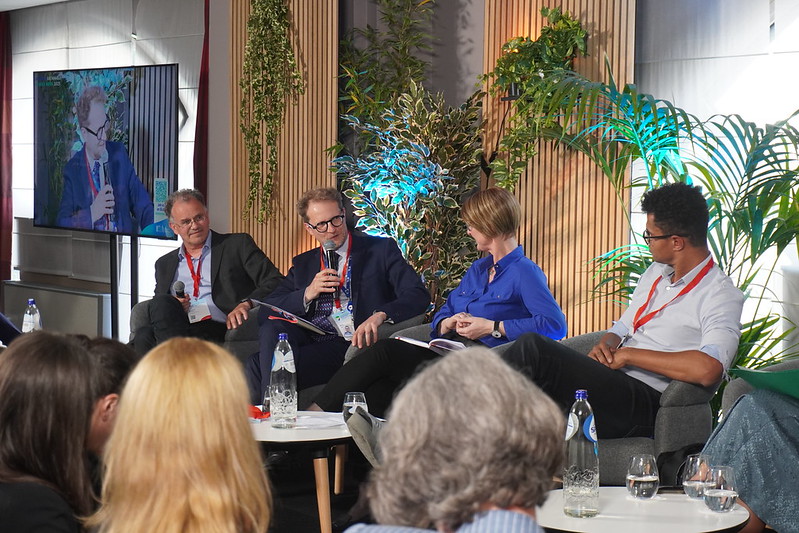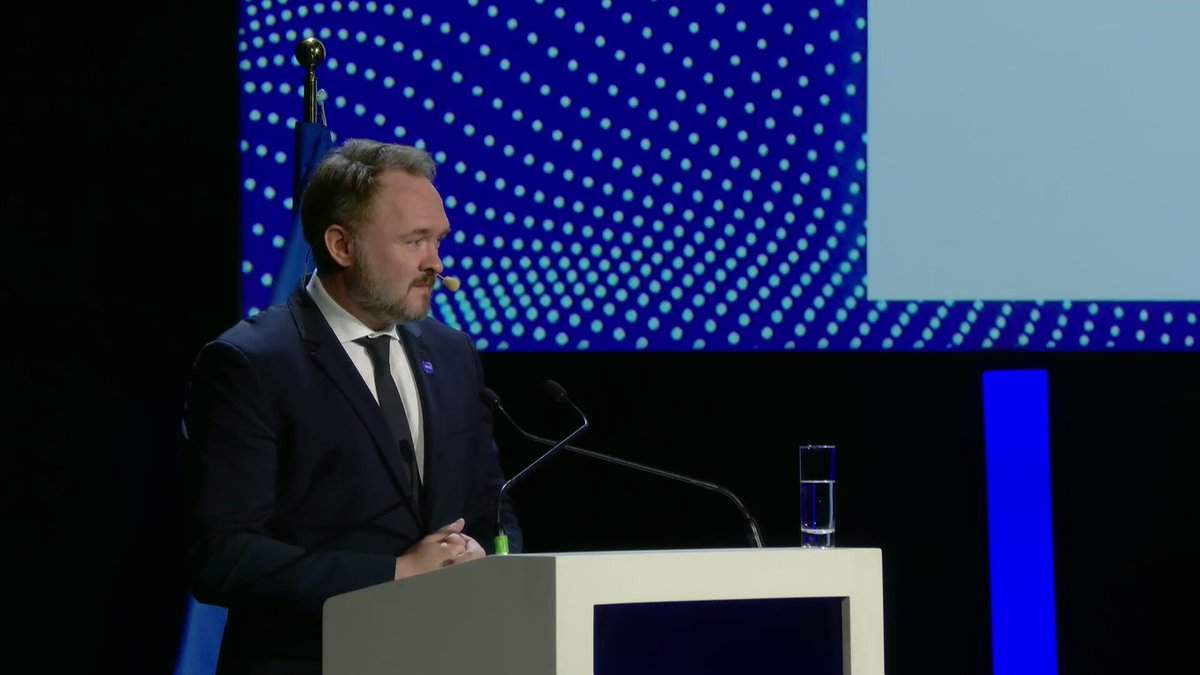In Europe, there is a clear long-term objective to decarbonize the energy system, but it is very unclear how this will be achieved in the heating and cooling sector. As a result, there is currently a lot of uncertainty among policymakers and investors in the heating and cooling sector, primarily due to a lack of knowledge about the long-term changes that will occur in the coming decades. This HRE proposal will enable new policies as well as prepare the ground for new investments by creating more certainty in relation to the changes that are required. The work in this proposal will build on three previous HRE studies, all of which have been successfully completed on time and all of which have already influenced high-level policymakers at EU and national level in Europe. The work from these previous studies will be significantly improved in this project

Building the knowledge, skills, and capacity required to enable new policies and encourage new investments in the heating and cooling sector

Building the knowledge, skills, and capacity required to enable new policies and encourage new investments in the heating and cooling sector
Project information
Name : Heat Roadmap Europe - Building the knowledge, skills, and capacity required to enable new policies and encourage new investments in the heating and cooling sector
Overall budget : €
EU contribution : €
Coordinated by :
Start date : 01/03/2016 - End date : 28/02/2019
Grant ID : 695989
Programme (s)
H2020-EU.3.3.7.
The new knowledge in this project will:
– Improve at least 15 new policies at local, national, or EU level,
– Specify how up to 3,000,000 GWh/year of fossil fuels can be saved in Europe, and
– Quantify how the €3 trillion of investment required to implement these savings will reduce the net cost of heating and cooling in Europe.
- The first ever quantification of the heating and cooling demand in Europe, both for today as well as forecast of their future development.
- The first ever pan-European thermal atlas (Peta) of the heating and cooling demand in Europe.
- The first ever quantification of the excess heat volumes available from power plants, waste incineration, and industry in Europe, all of which can be utilised on district heating networks.
- The first ever quantification of renewable resources available for district heating networks in Europe, including large-scale solar thermal, direct geothermal, and heat pumps.
- The first ever comparison at European level between the cost of heat savings and sustainable heat supply. This comparison is currently a major point of interest in EU energy policy, since it has altered the common belief that heat savings alone will be enough to decarbonise the heat sector.
- The first ever hourly models that simulated the impact of district heating and cooling, including their impact on the electricity and industrial sectors. These models are distributed freely online, thus enhancing the capacity of others to also analyse the impact of district heating and cooling.
- The first ever study to demonstrate how a simultaneous expansion of heat savings, district heating, and heat pumps will result in the cheapest low-carbon heat sector for Europe. The modelling tools used by the European Commission did not have the ability to adequately simulate the expansion of district heating and cooling, so the results from this analysis have already been utilised by EU policymakers to inform their ongoing work.



